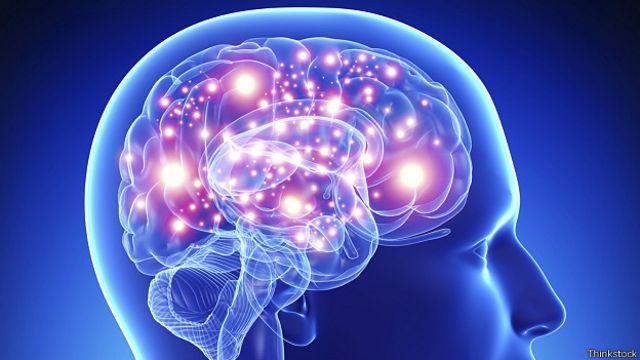Muhammad Zubair
Once celebrated as Homo Sapiens — the “wise human” — mankind is now teetering dangerously close to becoming Homo Idiocitus, a creature proud not of wisdom, but of its own foolishness. The species that once set foot on the moon, crafted civilizations, and illuminated the world with knowledge now seems entranced by triviality, driven more by instant gratification than intellectual growth. We are in an age where smartphones are smarter than the hands that hold them, and thought is as fleeting as a social media scroll.
Modern life is flooded with information, yet wisdom is scarce. While we claim to be connected more than ever, we’re more distracted than ever before. Studies have shown a measurable decline in global IQ levels over the past few decades. Nations like Norway and the UK report generational drops in intelligence, not because of genes, but because of environmental changes — namely, the rise of digital dependence, social media addiction, and attention-fragmenting platforms like TikTok.
Today’s crisis isn’t just of intellect; it’s of priority. When a misplaced phone leads to existential panic, it reveals not just technological dependence, but an erosion of independent thought. When people can’t calculate basic discounts or comprehend a newspaper, the implications go beyond personal literacy — they point to collective decay. Even in the world’s most advanced societies, millions are functionally illiterate. What does that say about the rest of us?
Technology promised the democratization of knowledge, but what we got instead was the illusion of wisdom. “Googling” has replaced learning, and “copy-paste” has replaced critical thinking. Truth is now measured in retweets, and fame mistaken for fact. This intellectual regression is not accidental — it is the product of choices we have made. We traded curiosity for convenience, reflection for reaction, and depth for digital distraction.
In Pakistani homes, once filled with stories passed down at dinner tables and shared moments of learning, silence now echoes from separate rooms, each lit by the glow of a screen. Where elders once imparted wisdom, today’s youth are raised by algorithms. The nation that was given the command Iqra — “Read” — has become a generation of scrollers. Education has become transactional, not transformational; a race for grades, not growth.
The consequences of this shift are deeply cultural. Schools teach “critical thinking” yet often strip away values that anchor identity. Islamic history is replaced by debates on fictional superheroes. Iqbal and Jinnah are mere names on textbooks, their visions lost in the noise of Western consumerism. Language, too, suffers. The poetic beauty of Urdu fades under the weight of half-English, half-Roman hybrid sentences that satisfy neither heart nor mind.
The Quran repeatedly calls for reflection, thought, and understanding. Yet we’ve reduced religious knowledge to forwarded messages and viral clips, forgetting that true wisdom demands engagement, not just exposure. This intellectual and moral decline is not an accident — it’s a symptom of cultural neglect and educational laziness.
If we truly wish to raise a generation of thoughtful, morally grounded, and intellectually equipped citizens, we must reorient our approach to learning. Education should not be a business, but a means of character development. Religious studies should not be rote memorization, but a foundation for ethical action. Media should inspire thought, not amplify ignorance.
The digital age has given us tools more powerful than ever before — but it’s up to us to decide whether we’ll use them to elevate society or to escape from it. If we continue down this path, the day is not far when museums will display our images with a plaque that reads: “Homo Idiocitus — the species that had everything, yet lost its mind.”
Let us not forget — we were never meant to be idiots with smartphones. We are meant to be the best of nations, entrusted with the duty to command good and forbid evil. The choice before us is stark: become a distracted, reactive, emotionally fragile people — or rise as a thoughtful, principled, knowledge-driven civilization. It’s time to decide who we truly want to be.
Muhammad Zubair is a civil servant, working in the government of the Punjab.

















